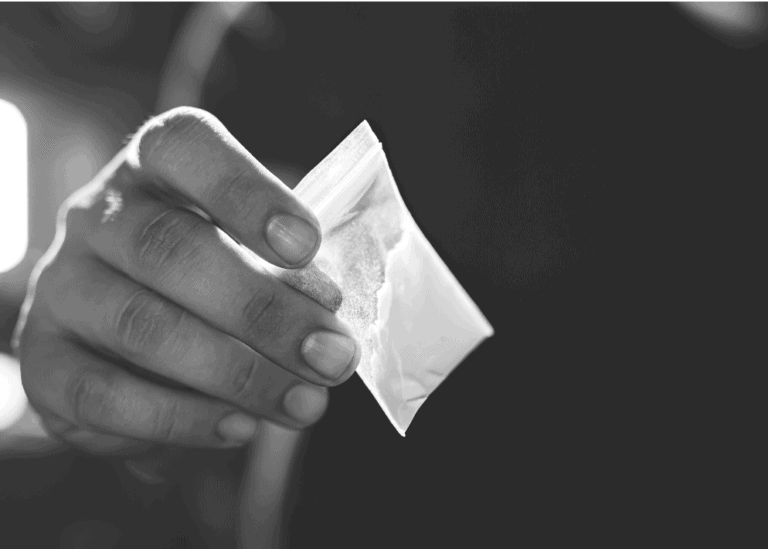Detoxing from the benzodiazepine (benzo) Xanax (alprazolam) is known to have risks that are not as common with other benzos. Xanax withdrawal symptoms can result in serious physical health conditions. Because of the severity of risks associated with Xanax, detox is recommended for those who have a substance use disorder with Xanax. It’s further recommended that those with Xanax addiction undergo medically-assisted detox under the care of trained medical professionals.
In this article, we will cover the top 5 things to know before detoxing from Xanax and how to manage withdrawal symptoms.
5 Things to Know Before Detoxing From Xanax
Xanax is a commonly prescribed medication for the treatment of anxiety and panic disorders, but it can also be habit-forming and lead to a physical dependence on Xanax. If someone has been taking Xanax for an extended period, they may experience withdrawal symptoms when they stop taking it, which can range from mild to severe. Here are the most important things to remember when detoxing from Xanax:
Risks of Going “Cold Turkey”
We want to emphasize the risks of going “cold turkey” on a drug like Xanax. Xanax in particular is known to have the potential for causing adverse reactions if someone ceases use abruptly. Rapidly reducing the use of Xanax or ceasing use can result in:
- Seizures
- Stroke
- Heart attack
- Death
The preferred method of detoxing from Xanax is to use a slow-taper method under medical supervision. This is to limit the number of physical symptoms an individual may experience while detoxing and can help control any cravings that may lead to relapse.
Symptoms of Xanax Withdrawal
There are many common symptoms associated with withdrawal from benzos and these are often intensified with stronger and more addictive benzos like Xanax. Withdrawal symptoms can include:
- Anxiety
- Poor concentration
- Memory issues
- Confusion
- Irritability
- Agitation
- Restlessness
- Sleep issues
- Racing heart
- Shakiness or tremors
If symptoms are severe it’s important to seek medication attention immediately. Because Xanax can have particularly unpleasant withdrawal symptoms, it is recommended to undergo this process in the safety and security of an addiction treatment center. Medical detox at a treatment facility like Knoxville Recovery Center allows for the relief of knowing that emergency care services are available 24/7 in case of severe physical, psychological, emotional, or other unpleasant and disconcerting symptoms that occur during the Xanax withdrawal timeline.
Slow-taper Detox Method
If you have developed a dependency or addiction to Xanax (alprazolam) then it may be recommended you transition to a benzodiazepine with a longer half-life like Klonopin (clonazepam). Klonopin stays in the body much longer than Xanax and has a less noticeable withdrawal and has less risk of serious side effects if you change or miss a dose. A slow taper from Xanax is always going to be a safer and preferable method than quitting “cold turkey”. Suddenly ceasing the use of Xanax can result in serious side effects including seizures, stroke, heart attack, or death.
A slow taper from Xanax is always going to be a safer and preferable method than quitting “cold turkey”. The reason for this is that Xanax is a central nervous system depressant that works by slowing down brain activity. When someone stops taking Xanax suddenly, their brain experiences a sudden increase in activity, which can trigger seizures, strokes, or heart attacks. These serious side effects can occur even in individuals who have never experienced seizures or heart problems before.
Tapering off Xanax involves gradually reducing the dose of the medication over a period of weeks or months. This process allows the brain to adjust to the lower dose of Xanax, minimizing the risk of serious withdrawal symptoms. Tapering should be done under the guidance of a medical professional who can monitor the person’s symptoms and adjust the tapering schedule as necessary.
Mixing Substances is Risky
Mixing benzodiazepines, such as Xanax, with other substances like alcohol, marijuana, or opioids, can be extremely dangerous and increase the risk of overdose or other severe complications. Among the most serious concerns is a comorbid addiction to opiates and benzos. It’s important to be aware of the dangers associated with combining any substances with the potential for abuse or addiction.
Medical professionals who design detox programs and treatment plans need to be aware of all the substances a person has been using and keep this in mind when determining the safest and most practical treatment options, as this information can impact the individual’s withdrawal symptoms and the type of treatment they may need.
Xanax Addiction Treatment Options
After detoxing from Xanax, you don’t want a ton of unexpected surprises. It’s better to know beforehand what you’re undertaking and what is likely to come next. Clients need to be committed to staying clean. Knowing what addiction treatment options are available allows individuals to make informed decisions on their substance abuse and what kind of treatment plans they use. At Knoxville Recovery Center, our mental health counselors work with clients to develop skills that are useful for fighting off temptations and cravings to turn to drugs like Xanax as forms of self-medicating.
Our addiction treatment programs help our clients get to the root causes of why they developed an addiction in the first place. We work with clients to determine triggers and develop coping skills that can be applied to real-world situations to avoid falling into negative thought patterns and returning to problematic behaviors. Group therapy and family therapy can be useful tools to help clients develop a safety net to turn time in times of need while they continue their path to sobriety.
Finding positive activities to fill what would otherwise be idle time is an important part of developing a healthy lifestyle in sober living. Hobbies can add meaning to your everyday life. After detox, our clients have found joy in a wide variety of activities including:
- Art
- Music
- Writing
- Hiking
- Yoga
- Biking
- Gardening
It’s always wise to have a plan in advance of making serious life changes. At Knoxville Recovery Center, we encourage you to start thinking about what your life has the potential to look like after detox. This could be the encouragement you need to start you on the path to recovery.
Reach Out to Knoxville Recovery Center to Begin Xanax Detox Today
Our medical professionals at Knoxville Recovery Center understand the risks associated with Xanax and related detox concerns. This is why we recommend clients detox in the safety and security of our detox clinic under the care of a trained medical team. Our treatment facility prides itself on providing expert personalized care so you know you’re in good hands. If you or a loved one is experiencing Xanax detox, reach out to us today and speak with a specialist about our addiction treatment programs and the benefits of our detox clinic.












